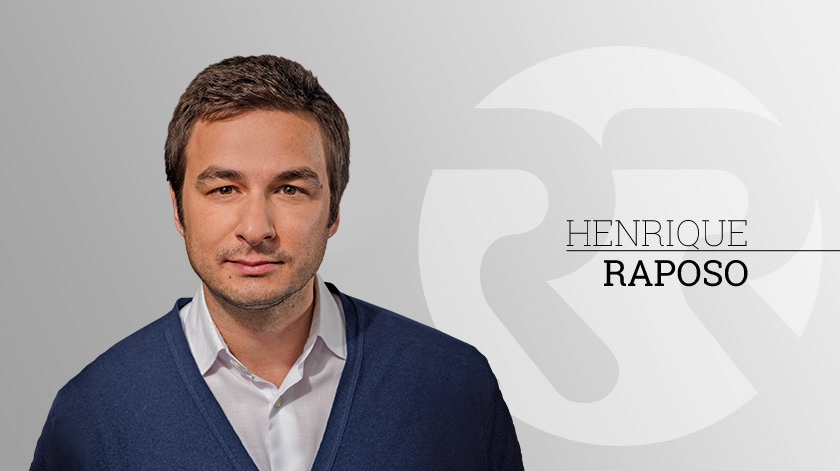Derek Cianfrance’s “Place Beyond the Pines” is a movie that bothers me for the kind of pessimism it presents. I don’t have a problem with pessimism. Sometimes we are left with nothing but a pessimistic or sad view of human nature. Other than that, I really like Cianfrance’s dark series, “I Know This Much Is True”. My criticism is directed at the stress of pessimism used by “Somewhere Beyond the Pine”, a kind of biological determinism. In the end, there is the idea that the son will always follow the father’s path, as if we had no freedom of choice, as the ties of blood formed around us a prison and an unforgiving path.

This comes from the modern mind’s growing obsession with genetics. As I said here a few days ago, people want to guess what diseases they will have in their lifetime through genetic testing. At another point, the network is filled with advertisements of genetic services: the child we can choose as if we were choosing clothes or figuring out our family tree. I get suspicious and terrified when I see ads with people saying: “I’ve always thought I had Italian blood, but after all I have Jewish and Moorish blood”, or “I’ve always thought I only had Irish blood, but after all I’m as Slavic as Irish”. But what is the significance of this? Looking at my family history, it would be very easy to detect a Jew in my DNA. But what is this important? What will change in my way of being? Having irrelevant Jewish, Phoenician, Slavic, or Irish blood should be just a curiosity, a joke, not an obsession. Has nothing been learned from the twentieth century and the eugenic obsessions of the authoritarian, fascist and Soviet communist regimes?
Another genetic work on the rise is paternity testing. As Margaret Talbot pointed out in The New Yorker, this burgeoning business is growing because of infidelity myths ubiquitous—and I add—due to the fears of a society riddled with mistrust of divorce. It turns out that confirmed cases of “false” paternity range only from 1% to 3.7%. Decency and loyalty are more common than you think. Moreover, which is more important: love or genetics? What if we discovered at the age of twenty that the man who created us with love is not our biological father? Of course this is not irrelevant. But aren’t values like decency and sacrifice more important than biological ties? Family is a choice, not genetics. It can even be said that having a child of our blood is not enough for us to love him. His love means a moral choice that has nothing to do with genetic relationships.
Whatever the angle of analysis, this biological and genetic essentialism is profoundly underdeveloped and even dangerous, despite the massive cover-up of scientific modernity. No, the obsession with genetics does not reveal a modern scientific mind, but rather reveals a primitive mind.

“Wannabe internet buff. Future teen idol. Hardcore zombie guru. Gamer. Avid creator. Entrepreneur. Bacon ninja.”

